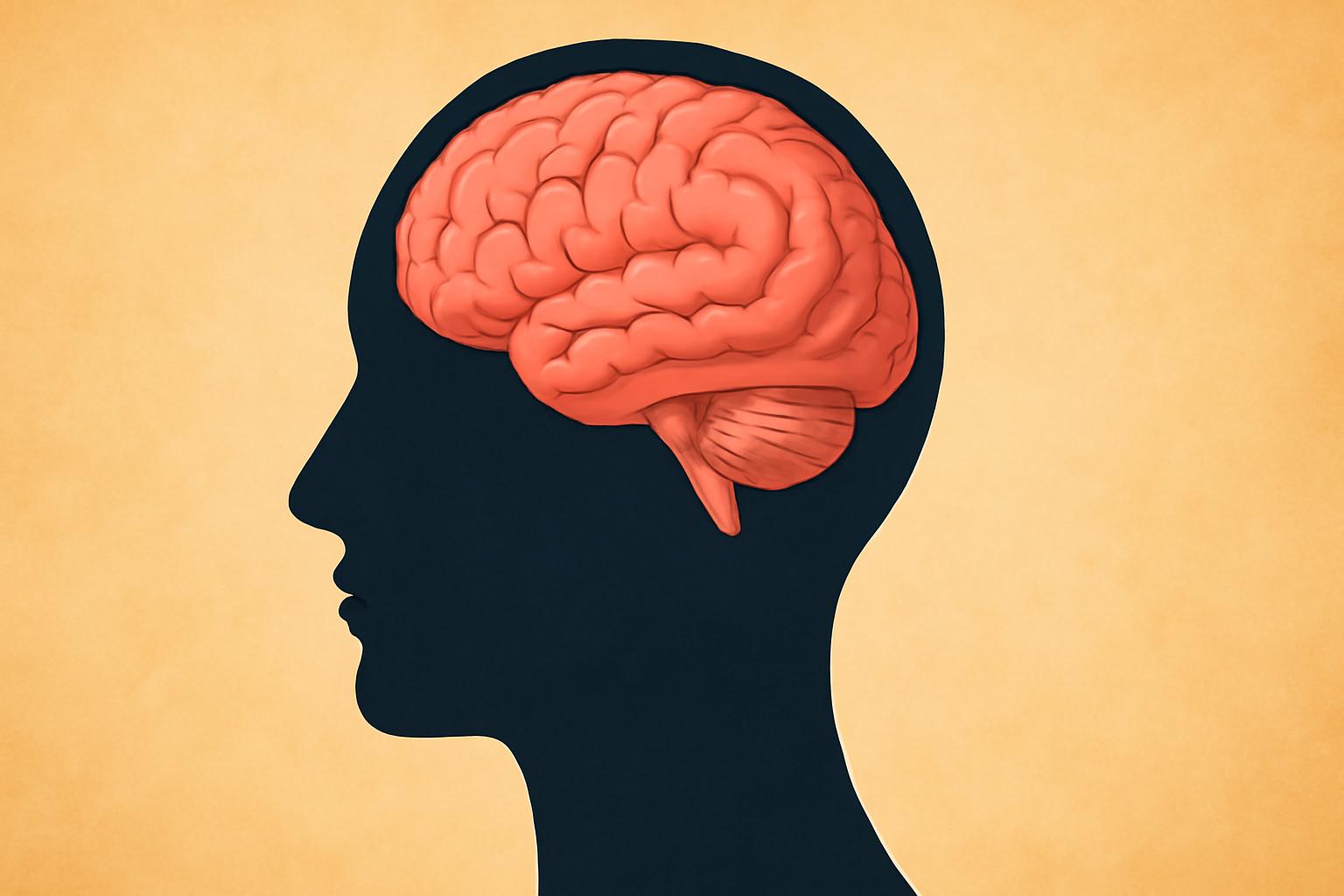What is Psychology? Definition, Origins, Evolution, Fields, and Key Concepts

Quick Summary
Psychology is the scientific study of the mind and behavior. It investigates how people think, feel, and act, drawing on research across biological, cognitive, social, and developmental domains. By examining both typical and atypical behavior, psychology offers insights into learning, emotion, personality, and mental health. Today, it combines theory, observation, and tools like neuroimaging to better understand human experience and improve well-being.
Definition
The term “psychology” comes from the Greek words psyche (meaning soul or mind) and logos (meaning study or discourse).
Psychology is the scientific study of the mind and behavior. The mind refers to internal experiences such as thoughts, feelings, memories, and motives, while behavior includes observable actions like speech and movement. Psychology combines these elements to investigate how individuals perceive the world, make decisions, form relationships, and cope with challenges, using systematic research to gather evidence and draw conclusions about human behavior.[1]
Psychologists aim to:
- Describe how people behave in different settings
- Understand the underlying causes of mental processes
- Predict future behavior based on patterns and context
- Apply this knowledge to solve real-world problems
Key Concept:
Psychology = Mind + Behavior + Scientific Method
History
Although psychology became a formal science in the late 19th century, its roots lie in ancient philosophy. Thinkers like Plato and Aristotle explored questions about emotion, memory, and perception.[2]
The modern field emerged with Wilhelm Wundt, who founded the first experimental psychology lab in 1879. Later thinkers like William James, Sigmund Freud, and B.F. Skinner developed approaches such as functionalism, psychoanalysis, and behaviorism, shaping early psychological theory.[1][4]
Over time, psychology expanded to include perspectives like humanistic, cognitive, and biological approaches. Today, the field integrates multiple viewpoints to better understand the mind and behavior.
Read more in our full post on the History of Psychology.
Psychology Fields
Psychology is a broad discipline with many subfields. Each focus on specific aspects of behavior and mental life.[1]
- Industrial-Organizational Psychology: Focuses on workplace behavior and performance
- Biological Psychology: Examines how brain structure, hormones, and genetics influence behavior
- Cognitive Psychology: Studies thinking, perception, memory, and problem-solving
- Developmental Psychology: Explores how people change psychologically from infancy to old age
- Social Psychology: Investigates how individuals are influenced by others and by group dynamics
- Personality Psychology: Looks at consistent traits and patterns in behavior
- Clinical Psychology: Diagnoses and treats mental health disorders
- Health Psychology: Studies how psychological factors affect physical health and illness
- Educational Psychology: Applies psychological principles to learning and teaching
Research Methods in Psychology
Psychology relies on empirical research, i.e., gathering evidence through observation and experimentation.[1][3]
Common methods include:
- Longitudinal Studies: Track the same individuals over time
- Experiments: Controlled studies that test cause-and-effect relationships
- Surveys: Questionnaires that collect self-reported data from large groups
- Naturalistic Observation: Observing behavior in real-world settings without interference
- Case Studies: In-depth analysis of a single person or group
- Correlational Studies: Measure the relationship between two variables
Ethical considerations, including informed consent, confidentiality, and the minimization of harm, are fundamental in conducting psychological research.
Foundational Theories and Concepts
Several major theories help explain how people learn, think, and behave.[1]
- Classical Conditioning (Ivan Pavlov): Learning through association
- Operant Conditioning (B.F. Skinner): Learning through reinforcement and punishment
- Cognitive Development (Jean Piaget): Children’s thinking evolves through structured stages
- Attachment Theory (John Bowlby, Mary Ainsworth): Early relationships shape emotional development
- Psychoanalytic Theory (Sigmund Freud): Unconscious motives and early experiences shape behavior[4]
- Humanistic Psychology (Carl Rogers, Abraham Maslow): Emphasizes free will and personal growth
- Trait Theory: Describes personality using consistent traits such as the Big Five
- Social Learning Theory (Albert Bandura): Learning through observation and imitation
These foundational ideas provide key insights into human behavior, learning, and emotional development, and continue to influence psychological research and practice.
Key Facts
- Psychology is both a scientific discipline and a professional practice.
- It applies empirical methods to study human and animal behavior, while also offering practical applications in fields such as mental health, education, and business.
- It explores both typical and atypical patterns of behavior.
- Psychologists study normal cognitive, emotional, and social development as well as mental disorders and maladaptive behaviors.
- Psychological research relies on critical thinking and empirical evidence.
- Observations, experiments, and peer-reviewed studies form the foundation of psychological knowledge.
- Applications of psychology extend across diverse domains.
- Insights from psychological research are used in healthcare, education, law, business, sports, and many other areas to improve individual and societal outcomes.
- Technological advancements continue to expand psychological research.
- Modern tools such as neuroimaging and computational modeling have deepened our understanding of the brain and behavior.
Conclusion
Psychology is the scientific study of the mind and behavior, exploring how people think, feel, and act across biological, cognitive, social, and developmental domains. Today, researchers even use tools like neuroimaging to study brain activity and deepen our understanding of both typical and atypical behavior. As a science with real-world applications, psychology continues to support individual well-being and address broader challenges in health, education, and society.
References
- Pastorino, E. E., & Doyle-Portillo, S. M. (2018). What is psychology?: Foundations, applications, and integration (4th ed.). Cengage Learning.
- Leahey, T. H. (2018). A history of psychology: From antiquity to modernity (8th ed.). Routledge.
- American Psychological Association. (2019). Publication manual of the American Psychological Association (7th ed.). American Psychological Association.
- Freud, S. (1961). The ego and the id. In J. Strachey (Ed. & Trans.), The standard edition of the complete psychological works of Sigmund Freud (Vol. 19, pp. 12–66). Hogarth Press. (Original work published 1923)






